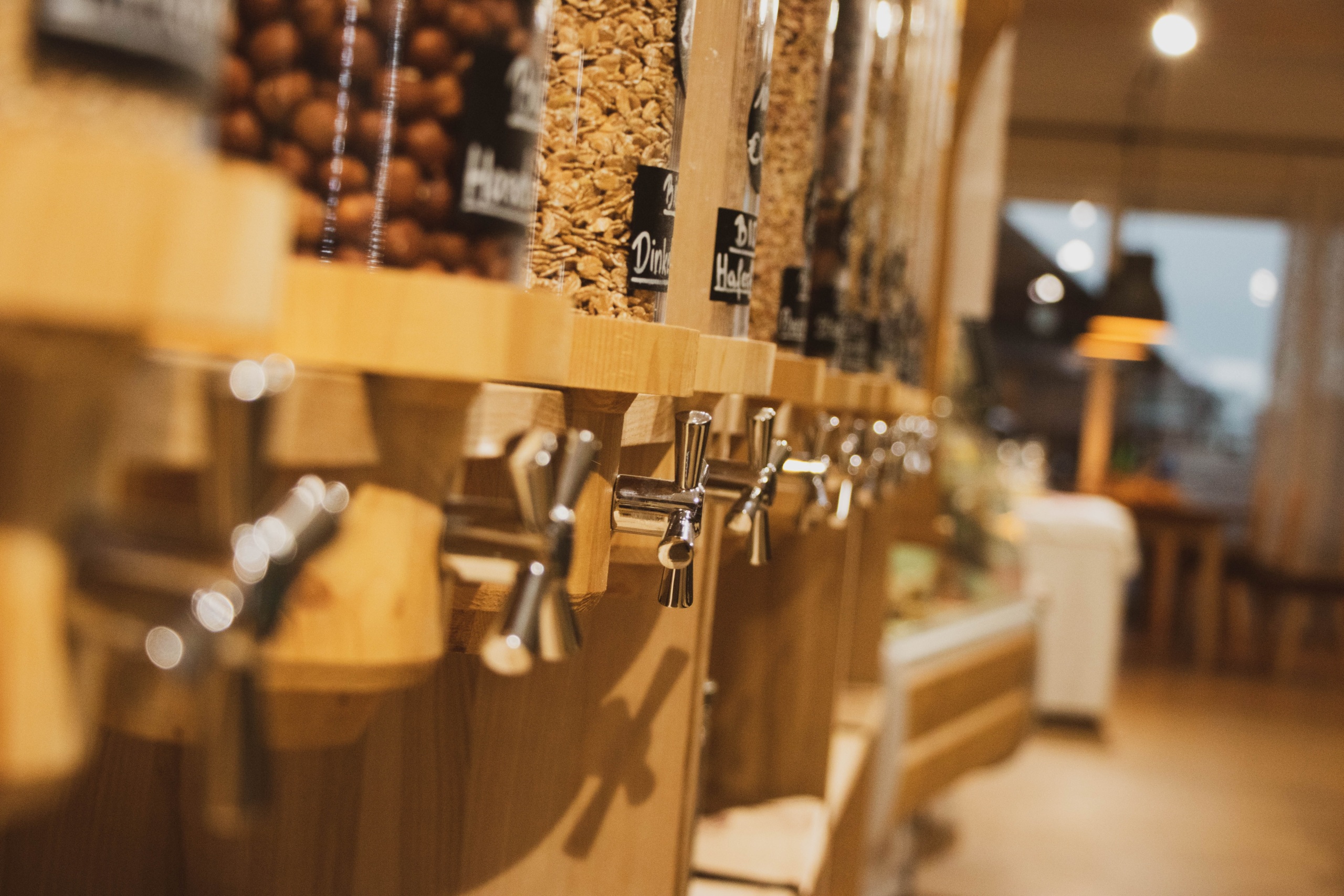
Ditch plastic packaging: Shop at your local refillery
A wave of new retail businesses are eliminating single-use plastic packaging entirely, showing us what a future with dramatically less plastic could look like.
To spare birds, fish and other wildlife from the harm caused by plastic pollution, we’re raising our voices for a world with less single-use plastic products.
Maybe you’ve seen the video of a sea turtle with a plastic straw stuck in its nose, or the headlines about whales washing ashore with stomachs full of plastic. With so much plastic pollution floating in the ocean, it’s too easy for wildlife to mistake it for food — and too often, they pay the price with their lives. The good news is that more people, communities, states and companies are moving away from the single-use plastics we don’t even need. Because after all, nothing we use for a few minutes should pollute our environment and threaten wildlife for hundreds of years.
A wave of new retail businesses are eliminating single-use plastic packaging entirely, showing us what a future with dramatically less plastic could look like.
Report ●
An estimated ten trillion pellets enter oceans each year
To eliminate plastic waste, we need retailers like Target to do their part by phasing out plastic bags.
Fuels made from plastics are not sustainable. Call and email your legislators TODAY to tell them you oppose SJ 127.
Crossover is when all the bills passed in the Senate go to the House and all the bills that passed the House go to the Senate. Our crossover update features the status of many of our priorities to protect Virginia's air, water and environment.
A recent report found that state- and city-wide bans successfully reduce plastic bag use and associated litter and pollution.
